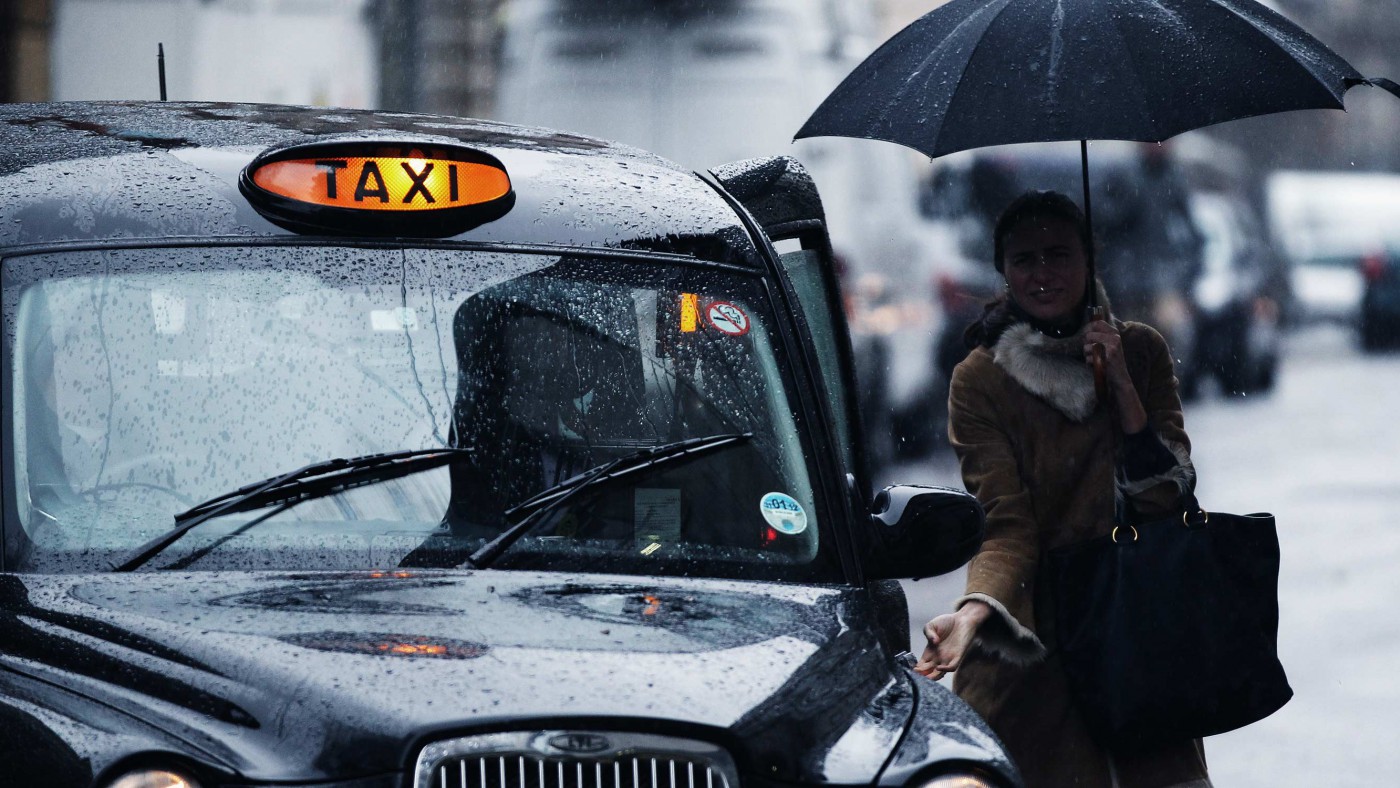It’s a typical scenario for many Brits; you leave a night out and try to get a cab home, only to find that it is nigh on impossible to flag one down and drivers on the various apps keep cancelling your rides. Before you know it, you’ve been standing in the cold for half an hour, facing the prospect of a lengthy night bus home (a situation compounded for Londoners by the lack of a proper night Tube).
This is more than just an inconvenience – it’s a real safety concern. Data from End Violence Against Women show that half of all women feel unsafe walking in a public area at night – a statistic which increases for marginalised groups and disabled people. Equitable and easy access to late-night transport plays a key role in addressing these concerns.
A lack of access to regular and safe travel infrastructure also disproportionately affects the poorest people, who are far less likely to own a car; only 35% of those on the lowest income decile do, with the number plummeting further the closer to a city centre they live. Freedom of travel for low-income households is therefore often hindered by declining public transport services and the inaccessibility of private rides.
But why is it so hard to order a taxi?
The main issue is the burdensome and regressive licensing rules and regulations. The Transport for London (TfL) guidance for licensure of taxis is 105 pages long, and James Button’s encyclopaedia of the UK’s current taxi laws is a draught-excluding 3,000 pages thick. Simply put, we need to make it much easier for people all over the country to enter the trade.
With 317 different licensing authorities in the UK, each with slightly different details as to what is required to gain and retain a licence, there is immense waste and unnecessary cost involved in starting work as a cab driver.
This is one of those instances where, actually, a bit of centralisation might be the best answer: a single authority in the Department for Transport, responsible for overseeing taxi, PHV, and ride-sourcing regulations across the nation would take advantage of economies of scale, bringing costs down and efficiencies up. It would mean more people getting licences more quickly, moving away from a sclerotic, expensive system which only benefits the regulator and incumbents.
What would this deregulated system look like? It would mean we still have the same rigorous checks on our drivers, to ensure that passenger safety remains at the forefront of travel. It would mean that we would have more qualified drivers, and it would mean lower costs, potentially freeing people from the huge expense of owning their own cars and motorbikes.
Research from Deloitte in Australia found that a deregulated taxi and private hire market increased the consumer surplus by over AU$80m in New South Wales alone. Scaled up to the size of Britain, a similar reform would deliver immense growth for our hospitality industries, and most importantly, put money in the pockets of hard-working and efficient drivers.
It’s time to take our foot off the brakes of messy and expensive licensing, and plant it squarely on a technology-powered, cheap, and fair future for our transport industry.
Click here to subscribe to our daily briefing – the best pieces from CapX and across the web.
CapX depends on the generosity of its readers. If you value what we do, please consider making a donation.


